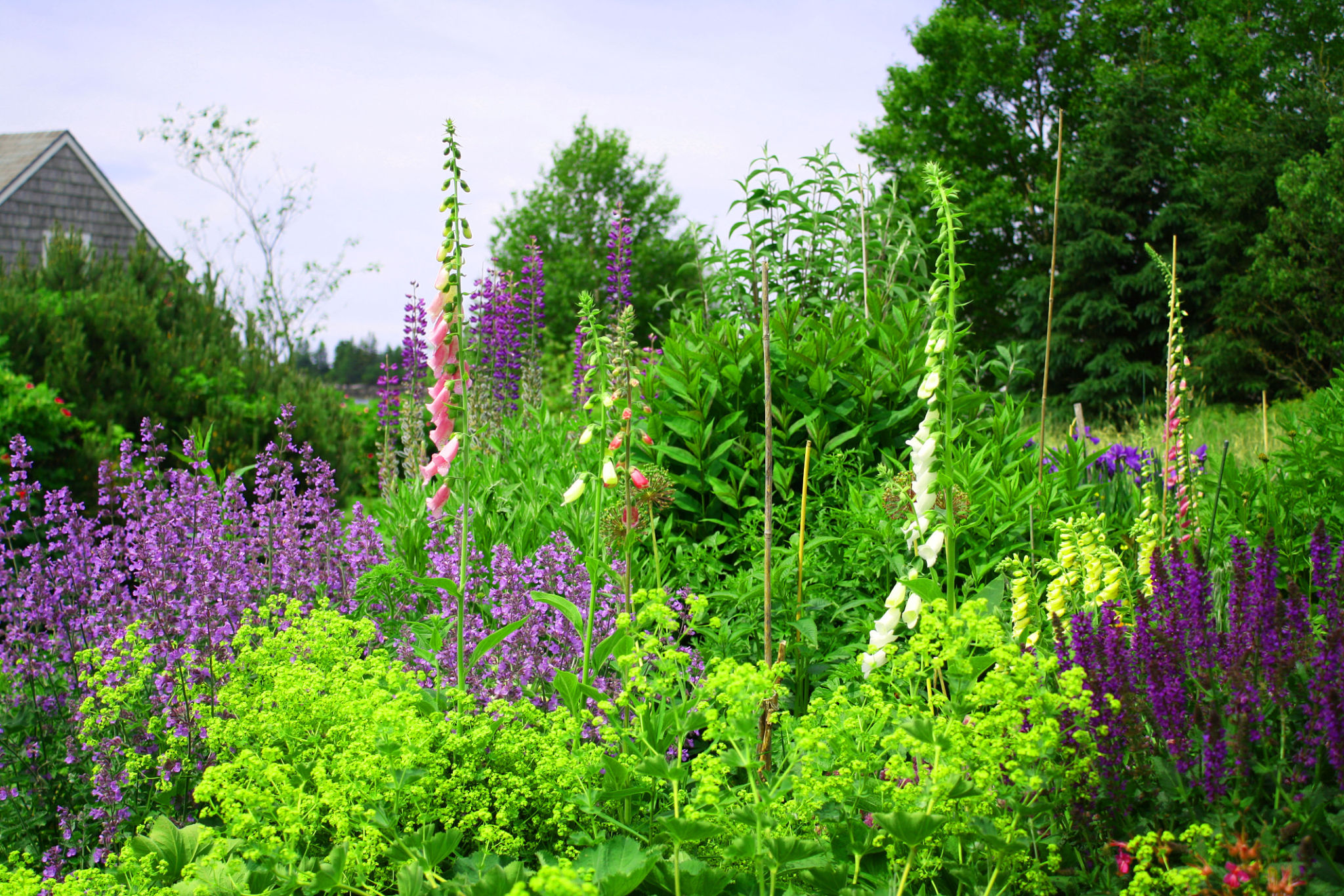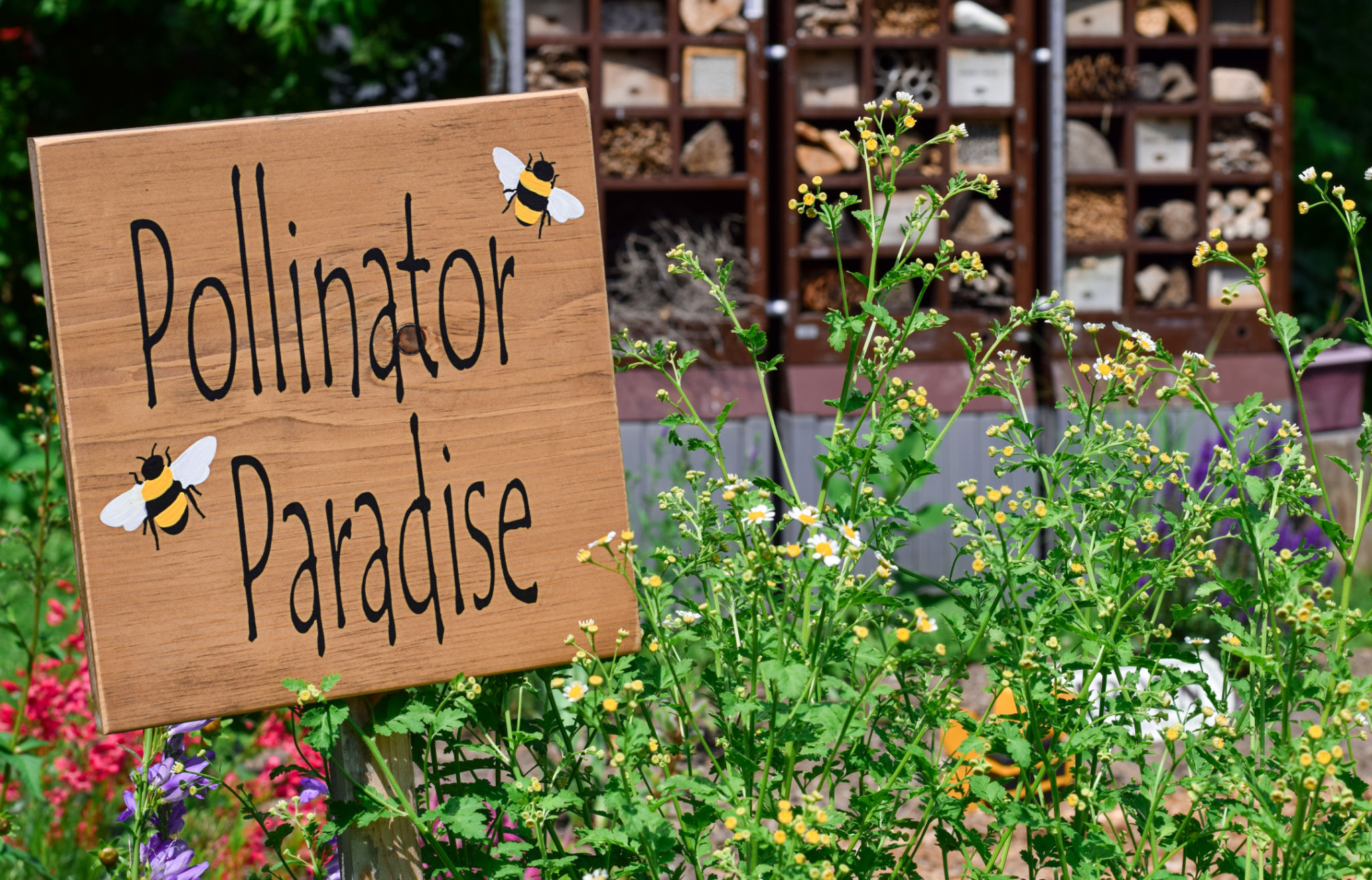Landscaping With Native Plants: Enhancing Your North Carolina Garden
The Benefits of Landscaping with Native Plants
Landscaping with native plants in North Carolina offers numerous advantages that go beyond aesthetics. These plants are adapted to the local climate, soil, and wildlife, making them a sustainable choice for gardeners looking to create a thriving outdoor space. By choosing native species, you can reduce water usage, minimize maintenance efforts, and support local ecosystems.

Native plants are naturally resistant to pests and diseases common in the area, which means fewer chemical treatments are necessary. This not only saves time and money but also promotes a healthier environment for both humans and wildlife. Additionally, native plants provide essential habitats for pollinators like bees and butterflies, which are crucial for maintaining biodiversity.
Choosing the Right Plants for Your Garden
When selecting native plants for your North Carolina garden, it's important to consider factors such as soil type, sunlight exposure, and the specific needs of each plant. Some popular choices include the Eastern Redbud, Black-eyed Susan, and Carolina Jessamine. Each of these species offers unique benefits and can enhance the beauty and functionality of your garden.
Eastern Redbud is a small deciduous tree that blooms with vibrant pink flowers in early spring. It's ideal for adding a pop of color to your landscape. Black-eyed Susans are hardy perennials that thrive in full sun and well-drained soil, providing cheerful yellow blooms throughout the summer.

Creating a Pollinator-Friendly Landscape
Incorporating native plants into your garden design not only beautifies your space but also creates a hospitable environment for pollinators. To attract bees, butterflies, and hummingbirds, consider planting a variety of flowers that bloom at different times of the year. This ensures a continuous food source for these essential creatures.
Flowering plants like Milkweed, Bee Balm, and Wild Bergamot are excellent choices for attracting a diverse range of pollinators. By providing nectar-rich flowers and shelter, you can contribute to the conservation of these vital species.

Design Tips for an Eco-Friendly Garden
Designing an eco-friendly garden with native plants involves more than just plant selection. Consider grouping plants with similar water and sunlight needs together to minimize irrigation requirements. Implementing rain gardens or bioswales can help manage stormwater runoff and promote groundwater recharge.
Mulching is another effective strategy to retain soil moisture and suppress weeds. Use organic mulches like shredded bark or pine needles to maintain a healthy soil ecosystem. These small changes can significantly enhance the sustainability of your garden.
Maintaining Your Native Plant Garden
While native plants require less maintenance than exotic species, regular care is still necessary to ensure they thrive. Pruning dead or overgrown branches, removing invasive weeds, and monitoring for pests are all part of maintaining a healthy landscape.

Watering during dry spells is important, especially in the first few years as plants establish themselves. However, once mature, many native plants are drought-tolerant and require minimal supplemental watering. By following these maintenance tips, you can enjoy a beautiful and resilient garden year-round.
Conclusion: Embrace Sustainability
Landscaping with native plants in North Carolina is not only an environmentally responsible choice but also a rewarding endeavor. By enhancing your garden with species that are well-suited to the local environment, you create a harmonious space that benefits both you and the surrounding ecosystem.
Whether you're starting from scratch or looking to incorporate native species into an existing garden, the benefits of this sustainable practice will be evident in the health and beauty of your landscape.